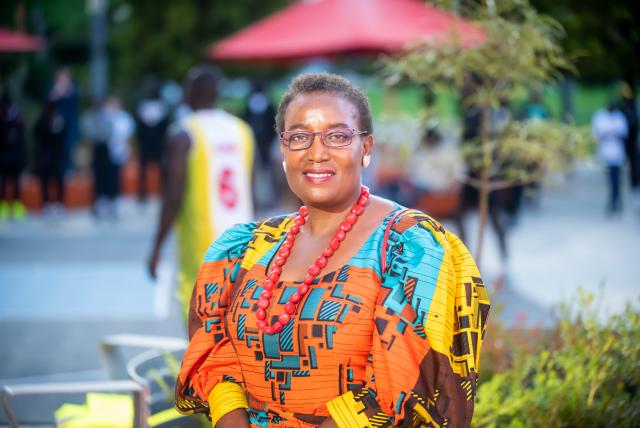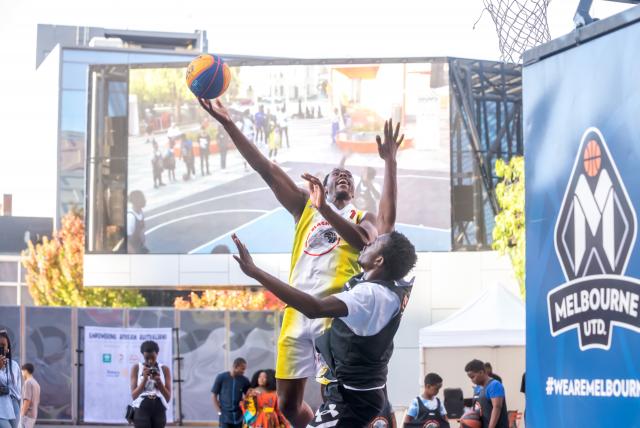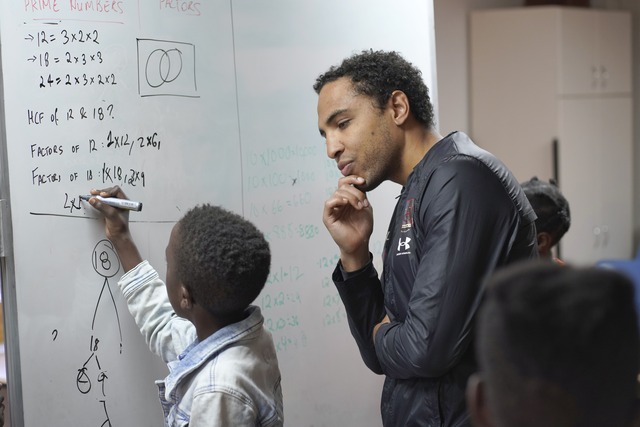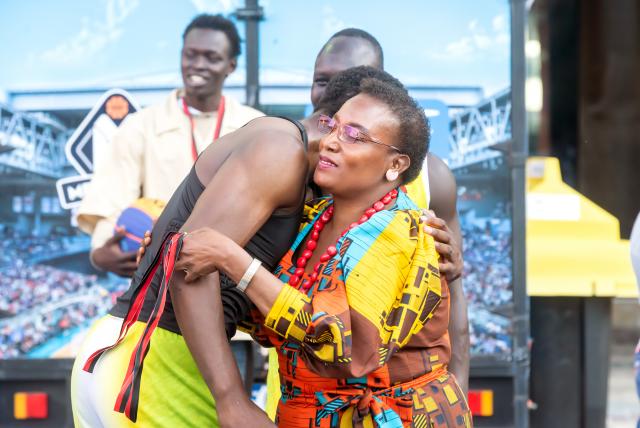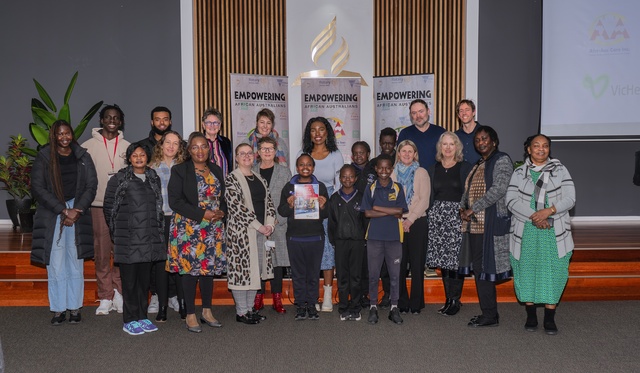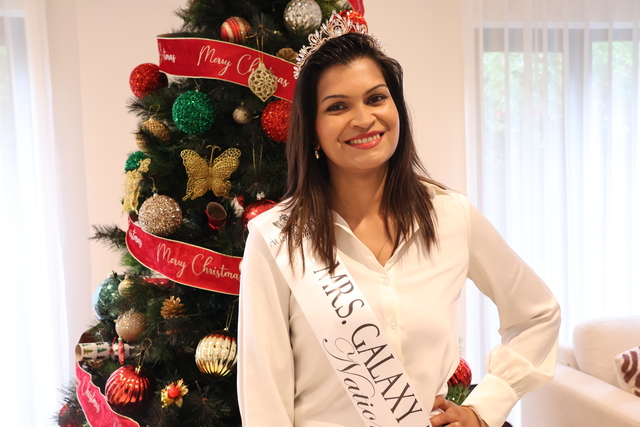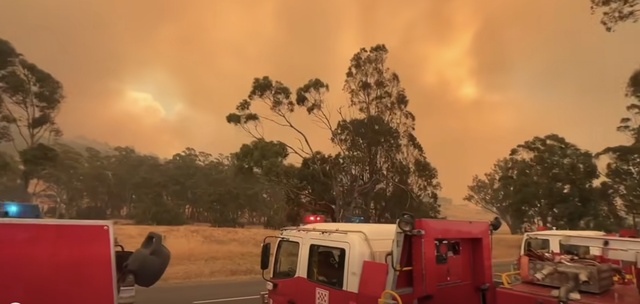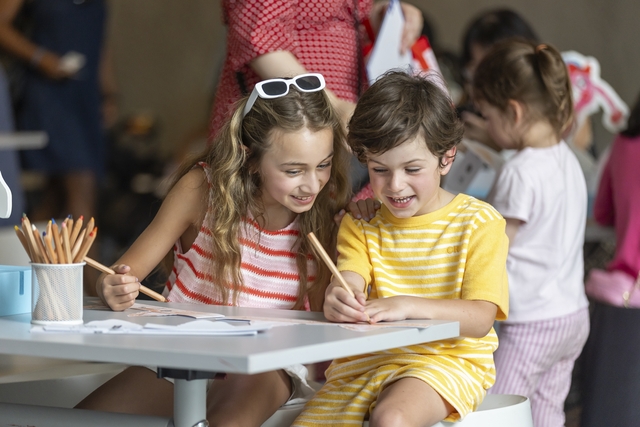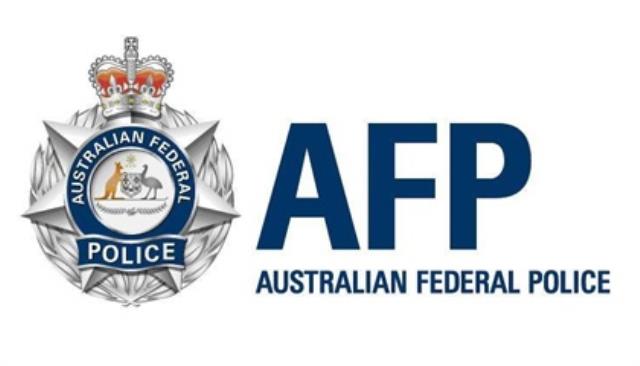It’s often said that it takes a village to raise a child.
A sports-based pilot program in the South East has been hailed for successfully taking this approach in engaging at-risk children at primary schools.
The Black Rhinos junior basketball program supported young African-Australians at two primary schools and in the community.
It was co-designed by Afri-Aus Care and RMIT University as a primary crime prevention tool.
And a recently-released report by RMIT found that it did just that – as well as improving children’s academic performance and their connections with teachers, students and their families.
“We worked with the community to co-design what a sports-based youth development program for African-Australians and their families would look like,” Associate Professor Ronnie Egan from RMIT Social Equity Research Centre said.
“As a result, we saw enhanced engagement with learning, leading to increased school attendance and better grades.
“By strengthening relationships and engagement with learning, we created a sense of belonging for a group of people who had long been denied that feeling.”
As a result, the program has secured three years of funding from the state education department and Brian M Davis Trust.
Black Rhinos was underpinned by an indigenous African philosophy called UBUNTU, which prioritises reciprocity, mutuality, participation and inclusion for collective wellbeing.
A success story was hiring African-Australian young people as role-models and mentors for selected students at Cranbourne Carlisle Primary School and Narre Warren South P-12.
They started basketball training and games during lunchtime, homework clubs, life-skills development activities and in-class support. They built trust, confidence and leadership in their students.
The mentors became respected members of school staff. They forged stronger connection and understanding between teachers and students.
“You can tell the students really look up to them,” a teacher told researchers.
“And when they’re here they seek them out, they’re excited to see them, they’re excited to tell them about their week or what’s happened since they were last here.”
Each Sunday, the students’ families further bonded during basketball, homework club and cook-up dinners from the ‘Mammas’ – biological mothers, aunties or female carers of African descent.
“It’s really important, everyone gets happy when they see food,” one of the Mammas said. “Even our kids, as soon as they finish the homework, they’ll be running like is food ready? Like excitement, really excitement.
“They eat together. That is different than eating at home alone.”
Afri-Aus Care CEO and founder Selba-Gondoza Luka said many of the Mammas reported better relations with their children as a result.
She says a key to the Junior Black Rhino’s success was the involvement of the African-Australian community from the design phase.
“If you work with the community to develop the program, it will have a better impact,” she said.
“When you do these programs well, it creates excitement for young people and their parents. It reduces intergenerational conflict and trauma
Afri-Aus Care coordinator Anish Varghese said the aim was to intervene early, to prevent primary school students dropping out of school later in their lives.
Disengagement from school is often a gateway to getting in trouble with the justice system, he said.
“Not everyone excels in certain subjects. It’s about meeting them where they are, finding and working with their strengths.”

